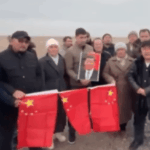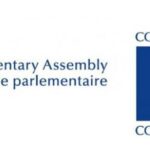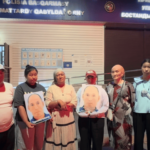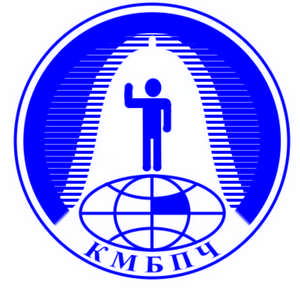Almaty, Kazakhstan – 26 November 2025. On the International Day for the Elimination of Violence against Women the Kazakhstan International Bureau for Human Rights and Rule of Law (KIBHR), in partnership with a coalition of international organisations, has issued an appeal to the Government of Kazakhstan that the possible deportation of Afghan women be prevented. If returned to Taliban-controlled Afghanistan, they could face persecution, forced marriage, torture – and in some cases even death.
Since the Taliban’s takeover in 2021, Afghan women have been stripped of their fundamental rights: they are banned from education, barred from working, and severely restricted in movement and access to healthcare. Afghanistan, under Taliban control, is a trade and economic partner of Kazakhstan. In June last year, the Taliban was removed from Kazakhstan’s list of terrorist organisations. At the same time, Kazakhstan’s asylum system blocks protection by requiring proof of persecution from Taliban authorities – an impossible demand – resulting in systematic rejection of claims.
Kazakh human rights defenders have also expressed concern that the authorities are sharing information about asylum seekers with the Taliban. Moreover, Kazakhstan lacks a UNHCR program for the resettlement of rejected asylum seekers to safe countries.
So far, only one young Afghan woman – who faced threats from the Taliban in her home country for her teaching activities and cooperation with Western NGOs – has been successfully resettled in a safe country. Meanwhile, hundreds of others (exact figures unavailable) remain in Kazakhstan, facing possible deportation after exhausting all court appeals against the refusal of refugee status.
Deporting Afghan women would violate Kazakhstan’s obligations under the 1951 UN Refugee Convention, the Convention Against Torture (Article 3), and the principle of non-refoulement, which strictly prohibits returning individuals to countries where they face persecution, torture, or death.
The organisations call on Kazakhstan to:
1. To prevent all possible deportations of Afghan women.
2. Reassess rejected asylum claims in light of credible, documented threats.
3. Work with international partners to secure humanitarian resettlement solutions in third
countries.
Kazakhstan has a choice: uphold its human rights obligations or send women back to face
persecution under Taliban rule.
Press Contact
Andrey Grishin, Head of the Information Department
Kazakhstan International Bureau for Human Rights and Rule of Law
Email: kibhr.stopdeportation@gmail.com
PHOTO: (AP Photo/Mohammed Shoaib Amin)

















